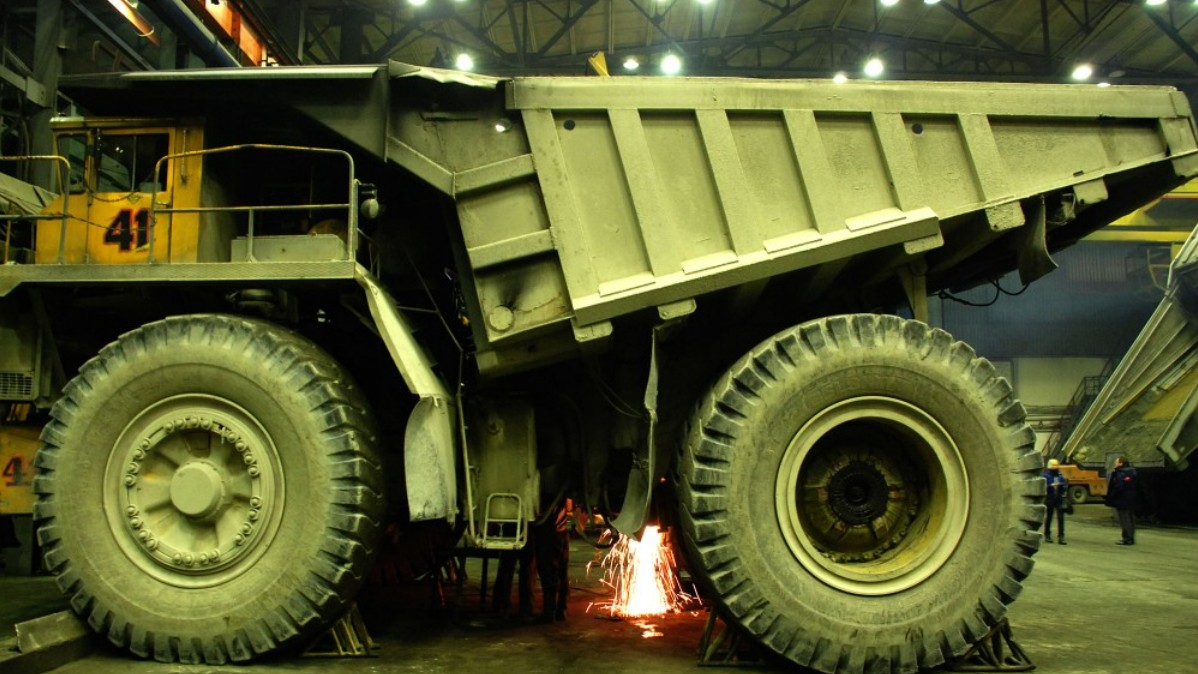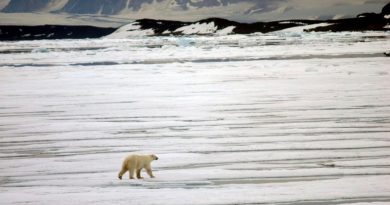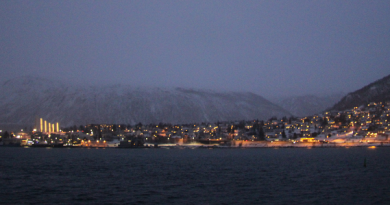Murmansk to expand lithium mining, eyes battery production

Two mines with major reserves of the valuable metal are ready to be developed in the Kola Peninsula.
According to Russian Deputy Prime Minister Denis Manturov, test production at the Polmostundra field will be launched in the course of 2023.
Project developers TD Khalmek and KHMS this year intend to extract up to 1,000 tons with subsequent processing at a facility operated by KHMS, the high-ranking official says.
By 2026, extraction will be expanded to 20,000 tons, Manturov makes clear in a statement.
The Polmostundra field is located northeast of the town of Lovozero in the central part of the Kola Peninsula.
It is the second lithium project now under development in the far northern region. From before, companies Nornickel and Rosatom plan a major joint venture at the Kolmozero field.
The two powerful companies in April 2022 signed an agreement on the joint development of the resources that are believed to hold as much as 75 million tons of lithium ore.
Deputy PM Manturov confirms that Nornickel and Rosatom are the winners of a recent auction on the Kolmozero field. Their joint venture is named Polyarny Lithium and will have a production capacity of 45,000 tons of carbonate and hydroxide per year. The project is to reach its target production by year 2030, Manturov explains.
The field also holds other precious metals such as niobium, tantalum and beryllium.
According to the Deputy Premier, the development of the Kolmozero is of high strategic importance and will help reduce dependency on imports.
Furthermore, it will prepare the ground for the domestic production of battery cells, as well as high-tech equipment for the nuclear industry, space sector and transportation, he underlines.
But not everyone is happy about the new major industrial projects in the remote and vulnerable lands of the Kola Peninsula.
According to Andrei Danilov, a Sámi activist from the area, the projects will inflict huge harm on local flora and fauna and ultimately also on the livelihood of the local reindeer herders.
“Vast areas of nature will be destroyed,” he underlined to the Barents Observer.
In addition to the Polmostundra and Kolmozero mines, there are several more projects in the region.
In late 2021, the UK-based Eurasian Mining Plc announced that it prepared for the development of large metals resources at its Monchetundra licenses. Earlier that same year, the company had joined forces with state enterprise Rosgeo to prepare the ground for extraction and processing of nickel, cobalt and copper.
The area has the potential to become “a new global center for platinum metals,” the companies explain.
The Monchetundra is a mountain range located on the western side of the Imandra Lake near the city of Monchegorsk. On the eastern side of the lake is the Khibiny nature reserve.
Monchegorsk is from before a heavily industrialised town managed by mining and metallurgy company Nornickel.
There are also plans for mining at the Afrikanda field, as well as several more sites in the region.
Related stories from around the North:
Canada: Community in northern Quebec to make the jump from diesel to hydroelectricity, CBC News
Finland: The world could transition entirely to cheap, safe renewable energy before 2050: Finnish study, Yle News
Norway: Norwegian energy giant Equinor exits Russia, calling Ukraine invasion a “setback for the world,” The Independent Barents Observer
Russia: Kola Peninsula sees drop in mining, The Independent Barents Observer
United States: BLM proposes allowing ConocoPhillips to drill most of its Arctic Willow project, Alaska Public Media



